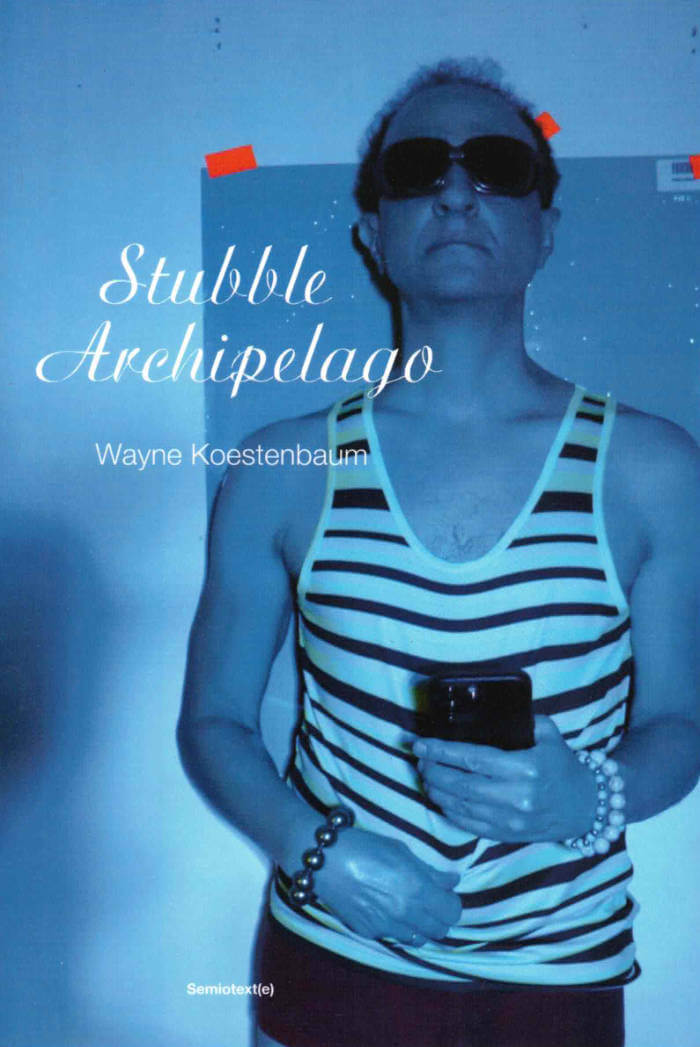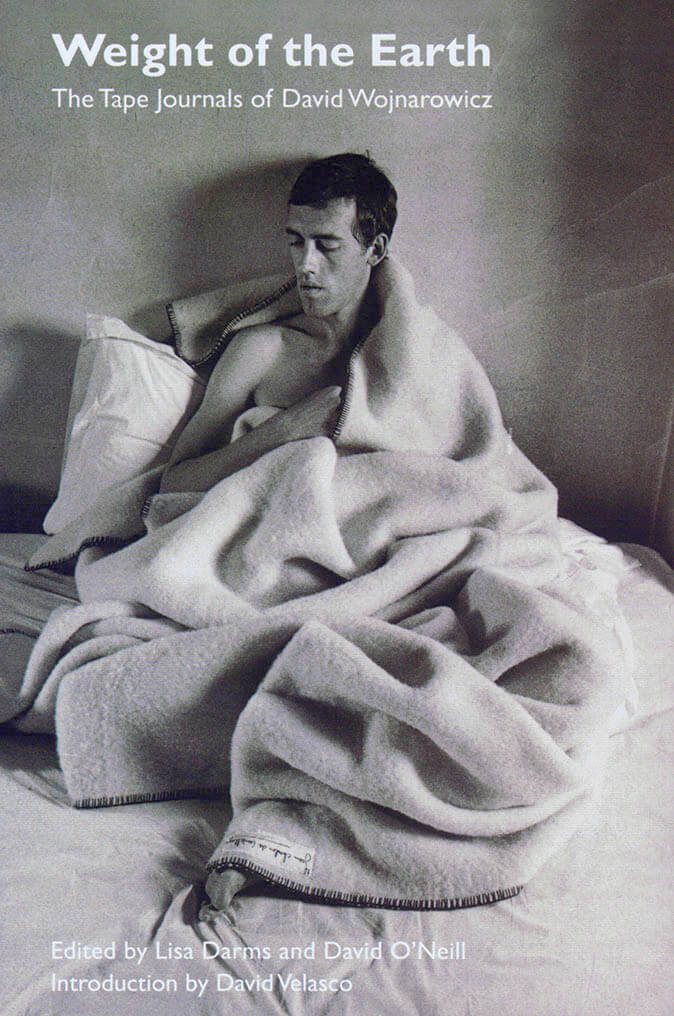
Stubble Archipelago
Wild new adventures in word-infatuated flânerie from a celebrated literary provocateur.
This book of thirty-six poetic bulletins by the humiliation-advice-giver Wayne Koestenbaum will teach you how to cruise, how to dream, how to decode a crowded consciousness, how to find nuggets of satisfaction in unaccustomed corners, and how to sew a language glove roomy enough to contain materials gathered while meandering.
Koestenbaum wrote many of these poems while walking around New York City. He'd jot down phrases in a notebook or dictate them into his phone. At home, he'd incorporate these fragmented gleanings into overflowing quasi sonnets. Therefore each poem functions as a coded diary entry, including specific references to sidewalk events and peripatetic perceptions. Flirting, remembering, eavesdropping, gazing, squeezing, sequestering: Koestenbaum invents a novel way to cram dirty liberty into the tight yet commodious space of the sonnet, a fourteen-lined cruise ship that contains ample suites for behavior modification, libidinal experiment, aura-filled memory orgies, psychedelic Bildungsromane, lap dissolves, archival plunges, and other mental saunterings that conjure the unlikely marriage of Kenneth Anger and Marianne Moore. Carnal pudding, anyone? These engorged lyrics don't rhyme; and though each builds on a carapace of fourteen lines, many of the lines spawn additional, indented tributaries, like hoop earrings dangling from the stanzas' lobes.
Koestenbaum's poems are comic, ribald, compressed, symphonic. They take liberties with ordinary language, and open up new pockets for sensation in the sorrowing overcoat of the “now.” Imagine: the training wheels have been removed from poetry's bicycle, and the wheeling flâneur is finally allowed a word pie equal to fantasy's appetite. Stubble—a libidinal detail—matters when you're stranded on the archipelago of your most unsanctioned yet tenaciously harbored impulses.







